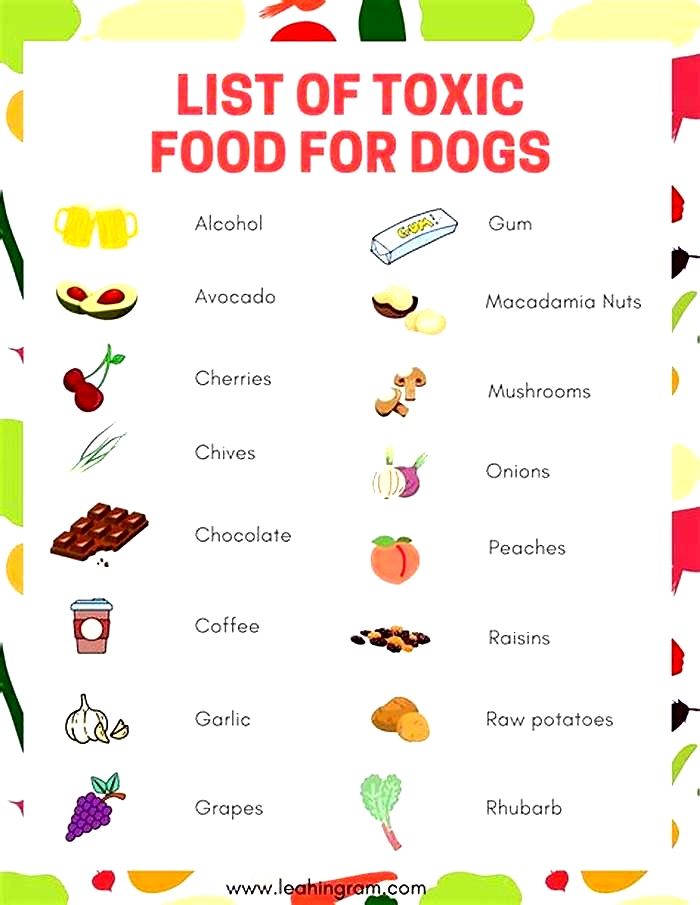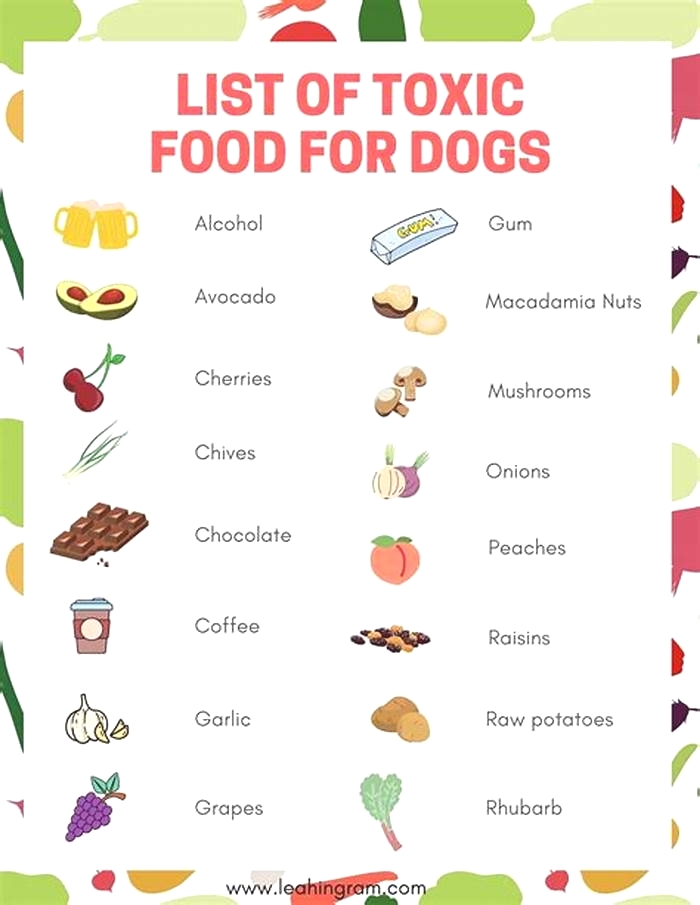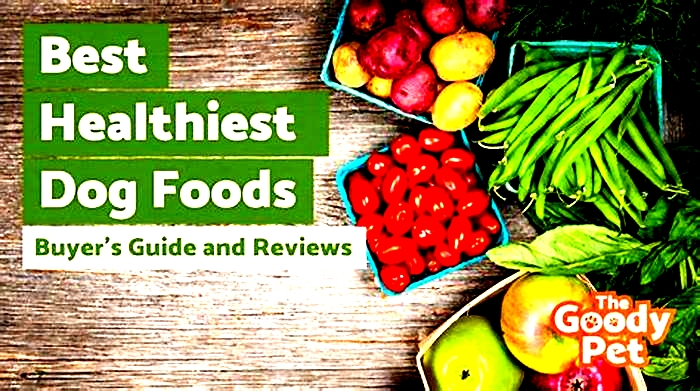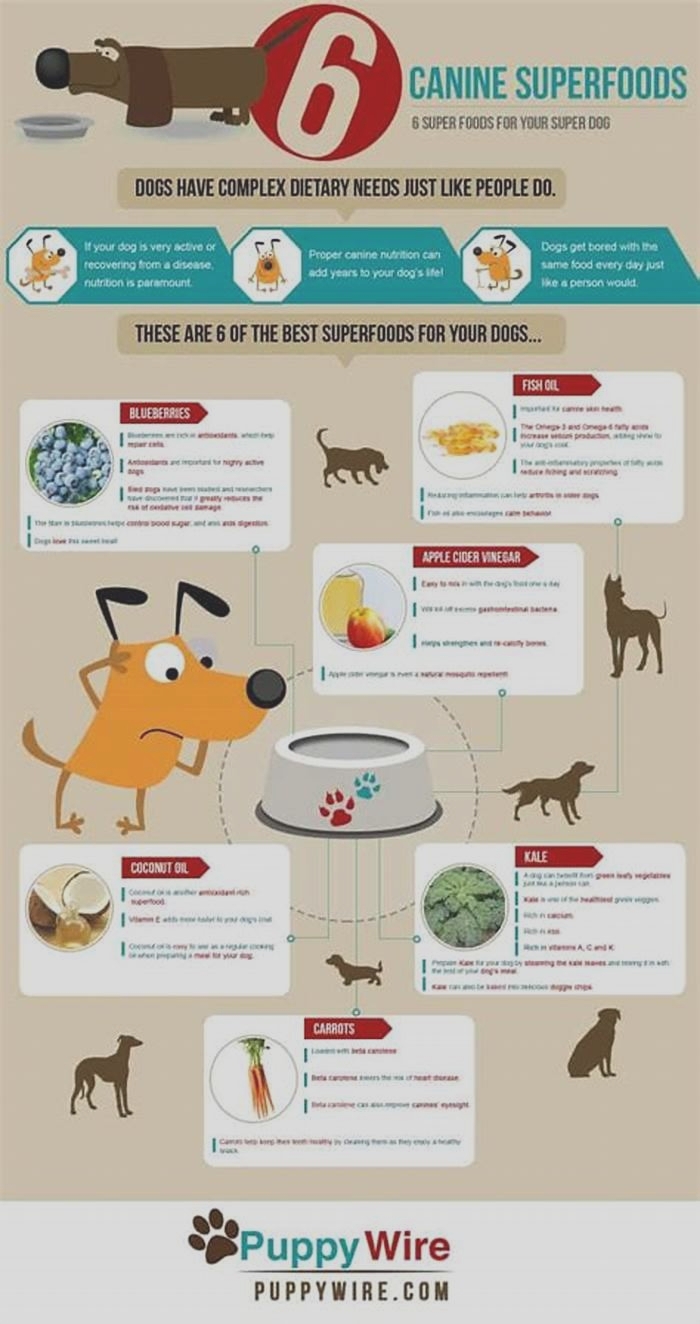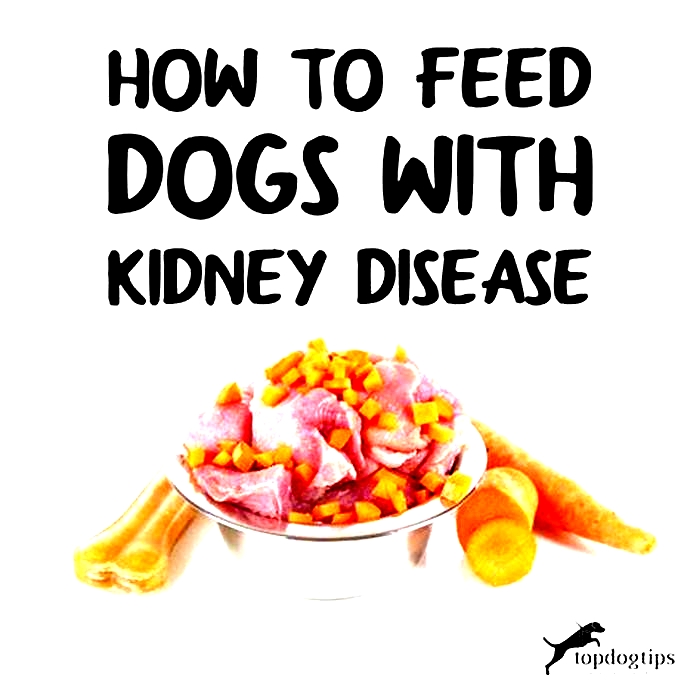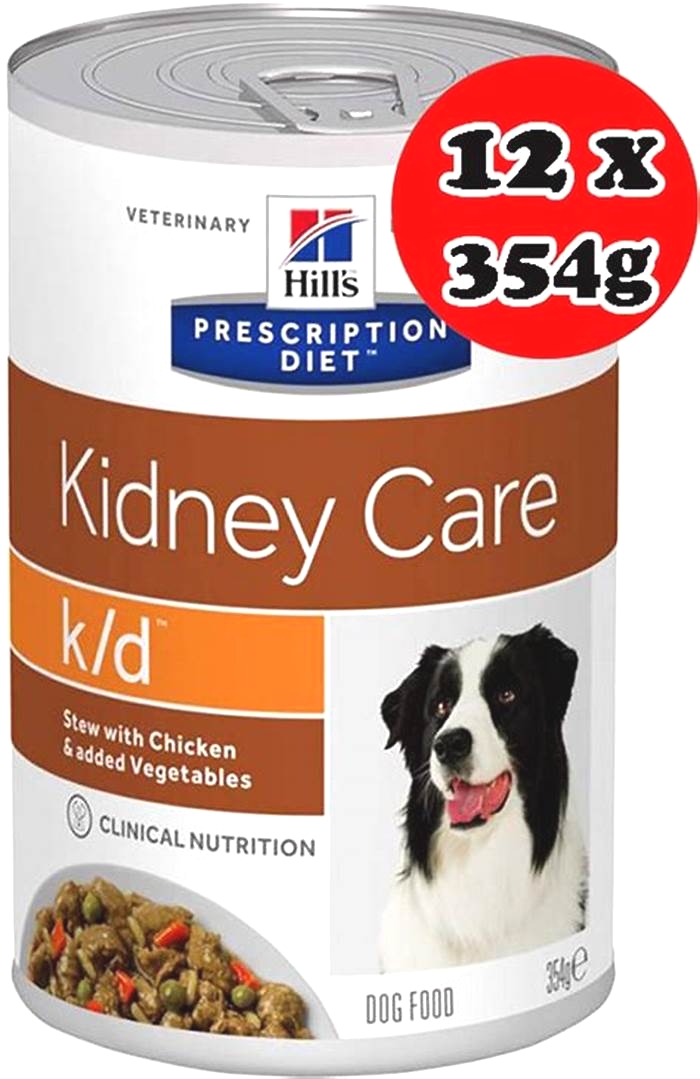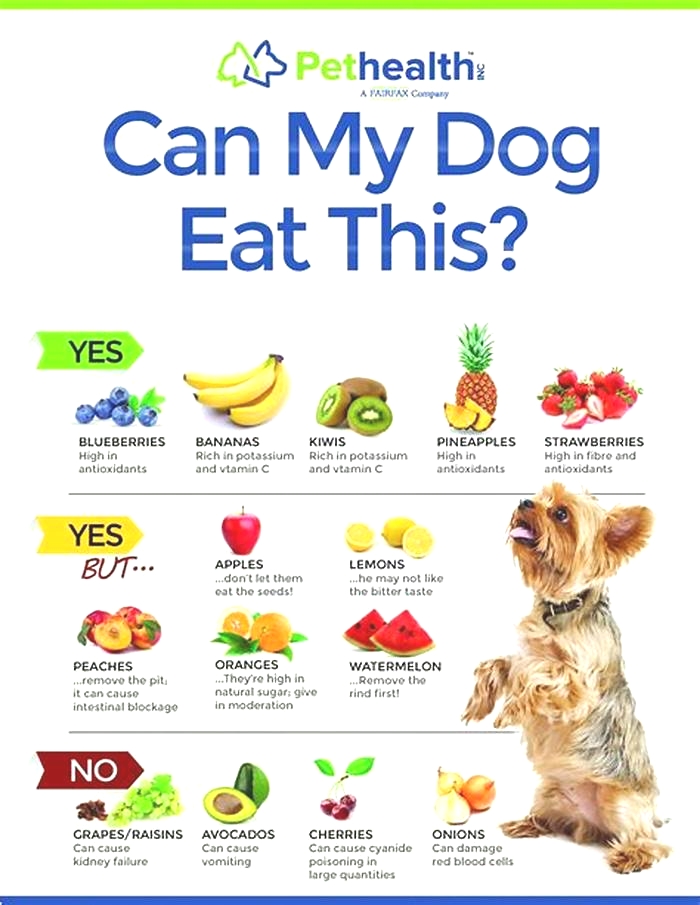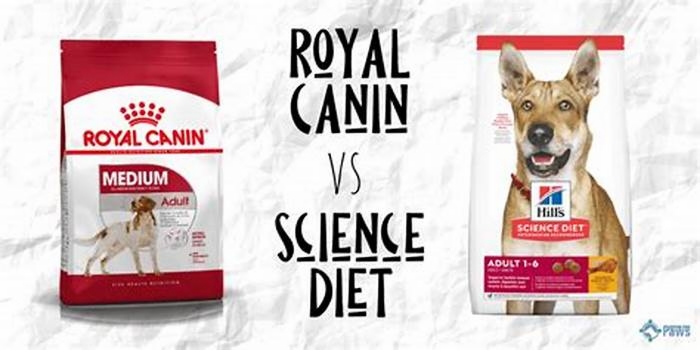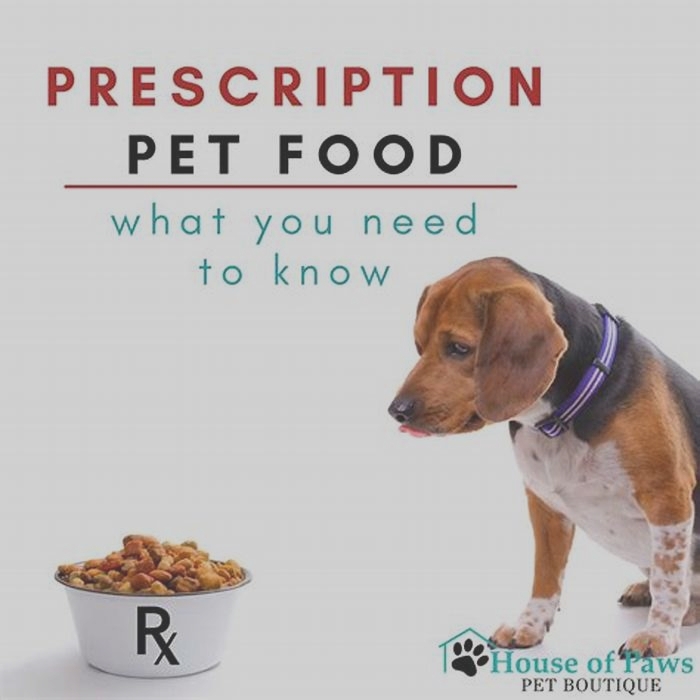What are the 10 most toxic foods for dogs

Dangerous Foods for Dogs
Its only natural for dogs to be curious. But their curiosity can get them into trouble when they getinto areas where you store household items such as medicine and detergents. Many commonhousehold items that you use everyday can be harmful, and sometimes even lethal, to your dog.
This is a list of foods that are harmful to your dog. It is not an exhaustive list. if your dog ingests any of these it may cause vomiting, abdominal painand/or diarrhea. If anything like this were to happen our advice is to take your dog to your vet. As an alternative you can call the Pet Poison Helpline.
- Wild cherry

 Almond
Almond- Apricot
- Balsam Pear
- Japanese Plum
- May cause varied reactions:
- Yeast dough
- Coffee grounds
- Macadamia nuts
- Tomato and potato leaves and stems
- Avocados
- Onions and onion powder
- Grapes
- Raisins
- Chocolate
- Pear and peach kernels
- Mushrooms (if also toxic to humans)
- Rhubarb
- Spinach
- Alcohol
Toxic Foods for Dogs: 10 Choices to Avoid
Dogs are known to be our loyal companions, and as pet owners, it is our responsibility to take care of them. One way to do this is to make sure we avoid feeding them foods that can be toxic to their health. Unfortunately, some of the foods we humans love can cause severe harm to our furry friends.
These are the top 10 most toxic foods for dogs that pet owners should avoid to keep their pets healthy and safe:
1. Chocolate
The top food harmful to dogs is chocolate. Most of us are aware that its not a good treat for our dogs, but its still a common reason for dogs to take a trip to the vet!
Various natural chemicals found in cocoa the most important of which is theobromine can be toxic to dogs even in small quantities and can lead to seizures, irregular heartbeats, and death if left untreated.
Dark chocolate, which has a higher cocoa content, is more poisonous than milk chocolate. However, even chocolate-flavored baked goods such as cookies or cakes, can still pose a risk to our pets.
2. Grapes, Raisins, Sultanas, and Currants
Closely following chocolate in our top list of foods dogs should not eat are grapes and their dried versions currants, raisins, and sultanas. These can all cause kidney failure in dogs and unfortunately, theres no way to know how many grapes it will take to trigger this.
Some dogs can eat a handful of raisins with no issues, while others will develop kidney failure after just two or three grapes. Its not worth risking giving these fruits even as an occasional treat they are a strict no-no for dogs.
3. Artificial Sweeteners(Xylitol)
Xylitol an artificial sweetener can cause serious problems to our dogs if ingested. Their bodies can mistake it for real sugar, causing their pancreas to release a massive amount of insulin but theres no actual sugar present for their body to use. This makes their blood sugar levels drop dangerously low, which can lead to tremors, seizures, coma, and death. It can also cause damage to their liver, too. Xylitol can be found in a range of products, including candy, chewing gum, dental products, and even peanut butter.
Always check the ingredients before giving your dog any human foods and get them to a vet if they do eat something by mistake!
Related reading: How to Read a Dog Food Label
4. Onions and Garlic
Large amounts of onions and garlic can damage your dogs red blood cells, leading to potentially dangerous anemia. It can also cause serious upset stomach, too and thats not even thinking about what their breath would smell like!
It takes quite a lot of onions or garlic to cause issues, so the main dangers are in foods where the powered forms are used, such as gravy granules. If youre unsure, always consult a veterinarian for nutritional advice.
5. Caffeine
It might be a great pick-me-up for us humans, but we dont want to share our morning coffee with our dogs. Caffeine can lead to hyperactivity, muscle spasms, seizures, and irregular heartbeats, and can sadly be fatal in high enough doses.
In addition to coffee, watch out for caffeinated soft drinks such as Cola, Mountain Dew, and energy drinks. Caffeine tablets can also be very dangerous.
6. Alcohol
Alcohol isnt exactly great for our health, but its even worse for our dogs. Their smaller size means that it doesnt take much of a drink for them to suffer serious side effects, and the alcohol can even be fatal in some circumstances.
The flavor of strong alcohol in spirits is off-putting for most dogs, but cocktails, beers, and hard ciders may mask the taste enough for curious dogs to try them. Be sure to keep alcoholic drinks well out of the reach of dogs!
7. Macadamia Nuts
Most nuts are quite rich and can often cause an upset stomach in our dogs, but Macadamia nuts are poisonous to dogs in significant quantities. Not only do they cause vomiting and diarrhea, but they can also lead to weakness, wobbliness, muscle tremors, and a raised body temperature. Thankfully this is rarely fatal, but it is still unpleasant for the dog and best avoided.
8. Dairy Products
While not technically toxic, dairy products such as milk, cheese, or yogurt can cause some severe gut upset in dogs. Most dogs are lactose intolerant, meaning that they do not produce the enzyme needed to digest some of the sugars found in milk. These sugars are instead fermented by the bacteria in your dogs gut, leading to bloating, diarrhea, and extremely bad gas.
The more milk your dog drinks, the worse this effect will be so if you are going to give your dog any dairy products, make sure its just a small amount!
9. Bones
Again, bones are not technically a toxin but are certainly a foodstuff that can be dangerous for dogs. Both cooked and raw bones can cause any number of different issues within the body, from breaking your dog's teeth or getting stuck in the throat to intestinal blockages or firm, spiky stools that can be excruciatingly painful to pass.
Sure, on many occasions, dogs may be able to enjoy a bone without any of these complications but when the risks are so serious, do you really want to roll the dice?
10. Salt
Salty foods are often very appealing to dogs, but too much salt is not a good thing. Dogs who eat a large amount of salt in a short period of time can end up with salt poisoning a serious condition that can be fatal without treatment.
Some dogs with certain health conditions should avoid any extra salt in their diet for example, dogs with heart or kidney conditions, or epileptic dogs who are taking potassium bromide to treat their condition.
Keep high-salt foods out of the reach of dogs and be especially careful with homemade salt dough, which can be very dangerous to pets.
Conclusion
Many human foods are not good for our dogs and can cause anything from an upset stomach to a life-threatening illness. Its best to stick to a complete and balanced diet thats designed for dogs dont feel the need to go for something trendy like grain-free or raw. A few treats are fine but stick to those designed for dogs or something plain like cooked chicken or vegetables.
If you think your dog may have eaten something toxic, consult a veterinarian immediately for advice.
People Foods to Avoid Feeding Your Pets
ASPCA Animal Poison Control Center Phone Number: (888) 426-4435
Our Animal Poison Control Center experts have put together a handy list of the top toxic people foods to avoid feeding your pet. As always, if you suspect your pet has eaten any of the following foods, please note the amount ingested and contact your veterinarian or the ASPCA Animal Poison Control Center at (888) 426-4435.
AlcoholAlcoholic beverages and food products containing alcohol can cause vomiting, diarrhea, decreased coordination, central nervous system depression, difficulty breathing, tremors, abnormal blood acidity, coma and even death. Under no circumstances should your pet be given any alcohol. If you suspect that your pet has ingested alcohol, contact your veterinarian or the ASPCA Animal Poison Control Center immediately.
AvocadoAvocado is primarily a problem for birds, rabbits, donkeys, horses, and ruminants including sheep and goats. The biggest concern is for cardiovascular damage and death in birds and rabbits.Horses, donkeys and ruminants frequently get swollen, edematous head and neck.
Chocolate, Coffee and CaffeineThese products all contain substances called methylxanthines, which are found in cacao seeds, the fruit of the plant used to make coffee, and in the nuts of an extract used in some sodas. When ingested by pets, methylxanthines can cause vomiting and diarrhea, panting, excessive thirst and urination, hyperactivity, abnormal heart rhythm, tremors, seizures and even death. Note that darker chocolate is more dangerous than milk chocolate. White chocolate has the lowest level of methylxanthines, while baking chocolate contains the highest.
CitrusThe stems, leaves, peels, fruit and seeds of citrus plants contain varying amounts of citric acid, essential oils that can cause irritation and possibly even central nervous system depression if ingested in significant amounts. Small doses, such as eating the fruit, are not likely to present problems beyond minor stomach upset.
Coconut and Coconut OilWhen ingested in small amounts, coconut and coconut-based products are not likely to cause serious harm to your pet. The flesh and milk of fresh coconuts do contain oils that may cause stomach upset, loose stools or diarrhea. Because of this, we encourage you to use caution when offering your pets these foods. Coconut water is high in potassium and should not be given to your pet.
Grapes and RaisinsAlthough the toxic substance within grapes and raisins is unknown, these fruits can cause kidney failure. Until more information is known about the toxic substance, it is best to avoid feeding grapes and raisins to dogs.
Macadamia NutsMacadamia nuts can cause weakness, depression, vomiting, tremors and hyperthermia in dogs. Signs usually appear within 12 hours of ingestion and can last approximately 24 to 48 hours.
Milk and DairyBecause pets do not possess significant amounts of lactase (the enzyme that breaks down lactose in milk), milk and other dairy-based products cause them diarrhea or other digestive upset.
NutsNuts, including almonds, pecans, and walnuts, contain high amounts of oils and fats. The fats can cause vomiting and diarrhea, and potentially pancreatitis in pets.
Onions, Garlic, ChivesThese vegetables and herbs can cause gastrointestinal irritation and could lead to red blood cell damage and anemia. Although cats are more susceptible, dogs are also at risk if a large enough amount is consumed.
Raw/Undercooked Meat, Eggs and BonesRaw meat and raw eggs can contain bacteria such as Salmonella and E. coli that can be harmful to pets and humans. Raw eggs contain an enzyme called avidin that decreases the absorption of biotin (a B vitamin), which can lead to skin and coat problems. Feeding your pet raw bones may seem like a natural and healthy option that might occur if your pet lived in the wild. However, this can be very dangerous for a domestic pet, who might choke on bones, or sustain a grave injury should the bone splinter and become lodged in or puncture your pets digestive tract.
Salt and Salty Snack FoodsLarge amounts of salt can produce excessive thirst and urination, or even sodium ion poisoning in pets. Signs that your pet may have eaten too many salty foods include vomiting, diarrhea, depression, tremors, elevated body temperature, seizures and even death. As such, we encourage you to avoid feeding salt-heavy snacks like potato chips, pretzels, and salted popcorn to your pets.
XylitolXylitol is used as a sweetener in many products, including gum, candy, baked goods and toothpaste. It can cause insulin release in most species, which can lead to liver failure. The increase in insulin leads to hypoglycemia (lowered sugar levels). Initial signs of toxicosis include vomiting, lethargy and loss of coordination. Signs can progress to seizures. Elevated liver enzymes and liver failure can be seen within a few days.
Yeast DoughYeast dough can rise and cause gas to accumulate in your pets digestive system. This can be painful and can cause the stomach to bloat, and potentially twist, becoming a life threatening emergency. The yeast produce ethanol as a by-product and a dog ingesting raw bread dough can become drunk (See alcohol).

